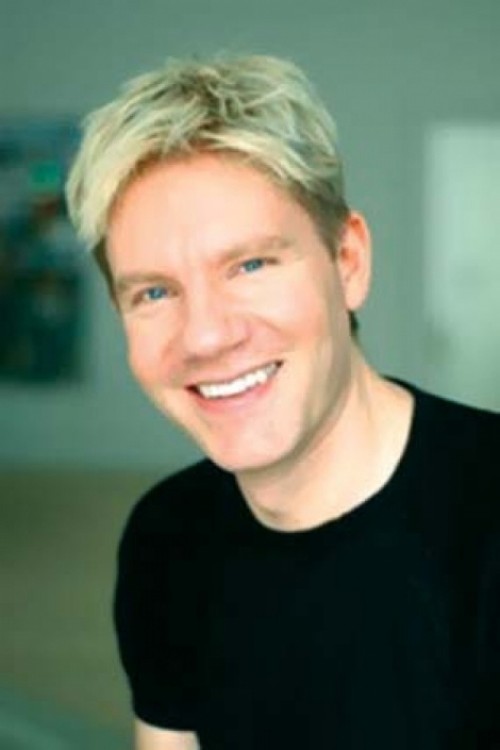News | Hot In Here?: Legislators embrace global warming skeptic for advice on Utah environment.
By Katharine Biele @kathybieleThe Utah Legislature is embarking on the quest for just such an equation to help solve the politically ticklish issue of environmental priorities in a state where “environment” can be an expletive. Things are going to heat up as the state forges ahead with a process that holds great promise for possibly disquieting consequences.
“If we are really open to looking at answers, we shouldn’t be afraid of the process, as long as the information is available,” says Rep. Roger Barrus, R-Centerville. Chairman of the Natural Resources, Agriculture and Environment Committee. Barrus is the engine of this ambitious effort, aiming to finish by the time the Legislature convenes in January.
But it may be less about the process itself and more about its facilitators creating fear. Barrus was in Denver earlier this year when he ran into a colleague of Bjørn Lomborg, author of The Skeptical Environmentalist and one of the 100 most influential people in the world, according to Time magazine.
Lomborg—an argumentative Danish economist and frequent American talk-show guest, draws emotional responses from all corners. He founded the Copenhagen Consensus Center, an arm of the Copenhagen Business School that identifies and works to solve the world’s great health and economic challenges. He has said that as a world priority, global warming should rank at the bottom of the list, while AIDS prevention should be at the top.
His controversial image probably grows from the way Lomborg strips the issues of bias—in a way that belies human nature and diminishes the worth of morality. As an academic of some acclaim, he uses a strict cost-benefit analysis to determine outcomes and has dismissed the global-warming debate as a competition of alarmist scenarios.
“His process tends to isolate problems within the context of each problem without understanding the connecting link, like climate change and the spread of hunger or the connectivity of hunger and spread of HIV,” says Tim Wagner of the Sierra Club. While you could draw connections to many of the world’s problems, Lomborg tends to view them in isolation.
Clean-air activist Kathy Van Dame adds: “All of the important things in life—who should you marry, what is love—don’t lend themselves to economic analysis.”
At any rate, Barrus thought it would be interesting to see whether Lomborg could adapt his economic model to fit the regional peculiarities of Utah. Last month, Lomborg spoke at the Salt Lake Chamber. Now, he seems well on his way to analyzing the environmental issues facing the state.
Barrus says the goal is to determine the economic and social costs of developing Utah’s many energy sources in an “environmentally constrained region.” He neglected to mention “politically explosive.”
Policymakers, Barrus says, “need to consider the delicate interplay with energy development, environmental protection, access to public lands, water resources and the impact on climate change.”
For about $300,000, Lomborg will bring a cadre of top economists—some Nobel Prize winners—to Utah to review all the information available and participate in a two-day seminar hosted by the chamber and the University of Utah’s Hinckley Institute of Politics. Legislative leaders of both parties have approved, expecting the process to be completed by December.
Meanwhile, the American Council for Capital Formation, a conservative Washington, D.C., think tank, is drumming up donations for the project. While Barrus expects them to hit up all manner of stakeholders, the ACCF’s board is peppered with former politicians and big-business interests.
“We don’t want this to be perceived to have any particular outcome,” Barrus says. “We are a blank piece of paper.”
Environmentalists say they don’t want to pre-judge what could be a door to a cleaner future. And even Barrus says Lomborg has been known to surprise his hosts with unwelcome outcomes.
Ostensibly, environmentalists will sit on an advisory committee that will include representatives from the Hinckley Institute, the governor’s office, the Utah Association of Counties, academia, and members of the renewable-energy and fossil-fuels industries. The panel will help select local economists to sit on the panel and later will solicit challenge papers.
“The process sounds pretty benign,” Van Dame says. “This situation we’re in with climate change is really at a critical point. We can be creative, proactive or adversarial, and we can advance the conversation.” tttt
More by Katharine Biele
-
Utah Republicans reject election security program in the name of election security.
Hits & Misses
- Apr 24, 2024
-
Deseret News poll shows Donald Trump skating to another victory in Utah.
Hits & Misses
- Apr 17, 2024
-
LDS General Conference dominates local news while stories on diversity and discrimination take a back seat
Hits & Misses
- Apr 10, 2024
- More »
Latest in News
Readers also liked…
-
Raise a glass for E.L.T Harrison, architect of the Beerhive building on Main
Small Lake City
- Oct 11, 2023





